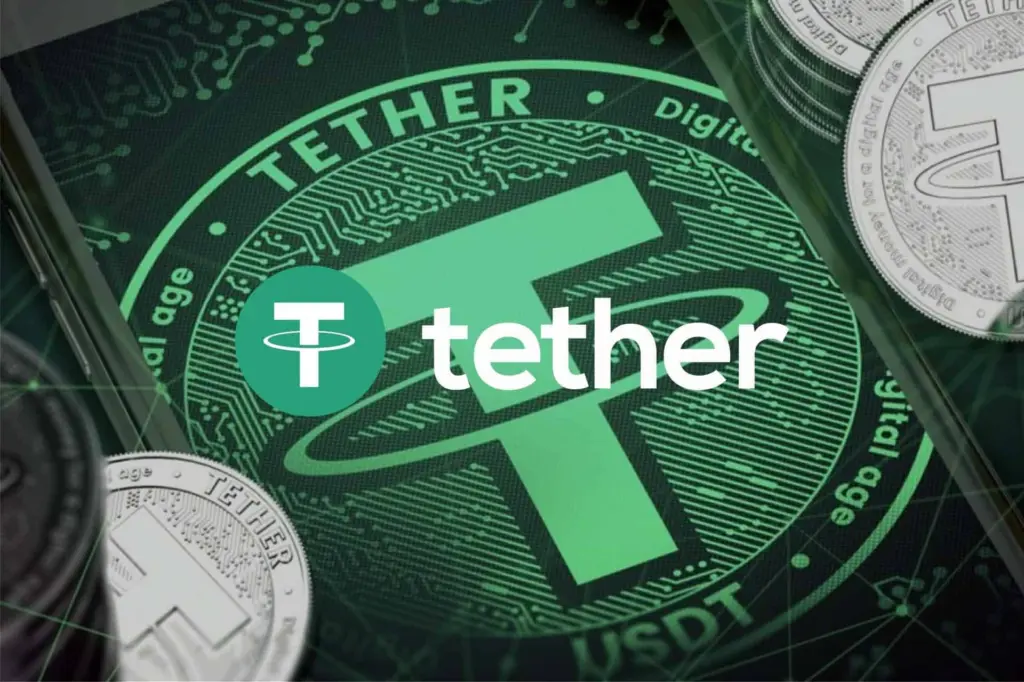Stuart Hoegner, Tether’s General Counsel since 2014, has retired, succeeded by Michael Hilliard. Hilliard now faces the challenge of navigating Tether through the EU’s stringent MiCA regulations on stablecoin reserves and liquidity.
After holding the role since 2014, Stuart Hoegner, the longtime general counsel for Bitfinex and Tether, has retired. Assuming his role, Michael Hilliard is responsible for guiding Tether through the intricacies of the recently enacted Markets in Crypto-Assets (MiCA) regulations from the European Union.
Strong responsibilities are placed on stablecoin issuers by this legislative framework, which goes into effect on December 30, 2024, and rigidly enforces reserve backing and sufficient liquidity to provide financial stability and consumer safety.
Exchange delistings and delays in Tether’s MiCA Regulations
The introduction of MiCA has had several positive effects for Tether’s operations within the EU. The company’s flagship stablecoin, USDT, has long been a leader in the global stablecoin market, but at the moment, its compliance with MiCA regulations is being closely examined.
Notably, Tether still needs to obtain the necessary e-money license that MiCA has requested. Many European exchanges, including well-known websites like Coinbase, have decided to temporarily delist USDT in order to await greater clarity on the regulatory environment as a result of this delay.
According to a recent report by CNF, Tether anticipates a 6- to 18-month transition period to accommodate MiCA’s requirements. However, the absence of immediate compliance has allowed speculation regarding Tether’s prospects in the European market.
Some exchanges have adopted a cautious stance and decided to remove USDT from their listings, while others are awaiting additional information before making any definite judgments.
The complexity of the situation is increased by the broader challenge of maintaining a competitive edge in the increasingly regulated crypto environment. Tether’s standing in the EU may be jeopardized if it disregards the rules set by MiCA, which seeks to establish a standard for crypto legislation.
For Michael Hilliard, overcoming these challenges is no small task, especially considering that the regulations call for both maintaining investor confidence in a market already rife with volatility and mistrust and improving operational efficiency.
